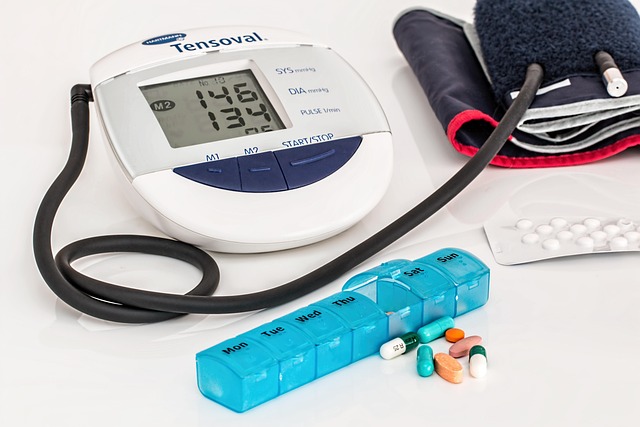In today’s rapidly advancing technological landscape, the intersection of artificial intelligence (AI) and health innovations is reshaping the way we think about patient data security. One of the most promising advancements in this domain is the concept of pseudo-anonymization. This process allows for the protection of individuals’ identities while maintaining the usability of their health data, a critical consideration in a world increasingly driven by data.
Imagine a system where your health information is utilized to develop cutting-edge treatments without exposing your identity to the public. This is the essence of pseudo-anonymization. It allows researchers and healthcare professionals to leverage vast datasets to uncover insights and drive innovation, all while ensuring that personal details remain confidential. This innovative approach fosters trust among patients, as individuals are increasingly concerned about privacy in an era where data breaches are commonplace.
Technological innovations in AI are enabling health care to achieve greater personalization, accuracy, and efficiency. Through the use of sophisticated algorithms and machine learning techniques, clinicians can analyze vast amounts of health data and identify patterns that were once undetectable. These advancements can lead to more accurate diagnoses, customized treatment plans, and improved patient outcomes. However, the true potential of these AI applications hinges on the ability to protect patient data through techniques such as pseudo-anonymization.
By effectively disguising identities within datasets, health innovators are able to share critical information across different healthcare institutions, paving the way for collaborative research and development. This not only accelerates the pace of medical breakthroughs but also ensures that patients’ sensitive information is handled with the utmost care. As more institutions adopt this practice, the healthcare community is positioned to harness the power of massive data while maintaining ethical standards of privacy.
The ongoing dialogue about data usage in healthcare reveals a significant shift towards transparency and ethical responsibility. Governments and regulatory bodies are increasingly establishing frameworks that support pseudo-anonymization practices, encouraging innovation while protecting patient rights. As technology continues to evolve, these regulations will adapt, fostering an environment where advancements can thrive without compromising individual privacy.
In conclusion, the journey towards integrating pseudo-anonymization in health innovations is not just a technical challenge; it is a vital step toward reshaping the future of patient care. By prioritizing data security and patient anonymity, we are collectively paving the way for a healthcare system that is not only innovative but also respectful of individual privacy, ensuring that the benefits of AI and technological advancements in health are accessible to all.




